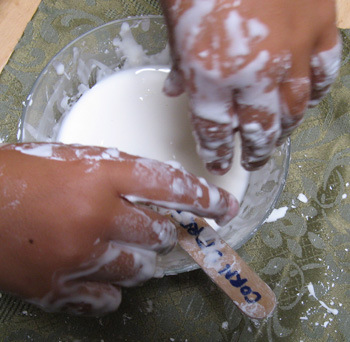As a follow-up to my last post, it looks like I should offer a more detailed explanation of why exactly scientific activity is a group activity — not simply as a matter of convenience, but as a matter of necessity. Helen E. Longino has already made this case very persuasively in her book Science as Social Knowledge (specifically the chapter called “Values and Objectivity”), so I’m going to use this post to give a sketch of her argument.
The upshot of the argument is that objective knowledge requires the involvement of other people in the building. All by yourself, there is no way to move beyond subjective knowledge.
First, what do we mean by “objective”?


